Creating Boundless Opportunities: Bilingualism for 6-11 Year Olds
Primary school is the cornerstone of children's development. Here, they acquire foundational literacy and numeracy skills while cultivating vital soft skills such as critical thinking, creativity, collaboration, and communication.
We shape well-rounded individuals ready for success and active citizenship.
Jump down to:
Critical Thinking
Critical thinking enables children to analyse information, evaluate different perspectives, and make well-informed decisions. It empowers them to become independent and creative problem solvers. At FBS,
we nurture critical thinking, preparing our students to navigate the complexities of the modern world, adapt to change, and become lifelong learners.
Creativity
Fostering innovation, adaptability, and problem-solving skills, thinking outside the box equips children for success in an ever-evolving world. At FBS,
we prioritise creating a stimulating environment where pupils can develop a creative mind. We encourage them to embrace failure as a learning opportunity and cultivate resilience, empowering them to overcome obstacles and discover new paths to success.
Collaboration
Recognising the immense value of collaboration is fundamental for children. We guide our pupils to empathise with others' perspectives, nurturing respectful communication while developing the ability to confidently express themselves amidst strong opinions. At FBS,
we champion teamwork, creating an enriching environment where our students flourish as well-rounded individuals, excelling in diverse settings and embracing harmonious collaboration with others.
Communication
In our interconnected and diverse society, effective communication is vital. It is crucial for children to develop essential listening and communication skills to confidently engage with others, sharing their thoughts, questions, ideas, and solutions. At FBS,
we take pride in guiding our pupils from an early stage, empowering them to embrace diverse perspectives, be heard, and make meaningful contributions.
Curriculum
Building Solid Bilingual Foundations in Primary School
In the first two years, our lessons are 50% in Italian and 50% in English, providing pupils with a unique language immersion experience.
With 17 hours/week in English (compared to 1-2 hours/week in state schools), our pupils delve into Science, Technology, Art and Music through the hands-on Cambridge International Curriculum and explore History and Geography in English.
By the end of the second year of primary school, students who started their learning journey at FBS in pre-school enjoy five years of pure bilingualism. This solid foundation in the English language provides a significant boost for their learning path and growth.
At FBS, we ensure that students learn English to their full potential through comprehensive listening, reading, writing, and speaking activities.
Here's how we make it happen:
Our English teachers are native speakers, primarily from the UK or the USA, or fully bilingual.
We use Cambridge International textbooks.
Students have access to a wide range of digital and non-digital didactic resources, all in English.
Technology
From third grade onwards, our students are equipped with personal devices: tablets in primary school and laptops in middle school.
These devices enable them to access digital resources and develop essential digital literacy skills. Through our digital citizenship programme, we empower them to navigate the online world safely and responsibly.
They learn how to respond to challenging situations and gain a comprehensive understanding of the digital landscape.
Empowering Young Minds: Igniting Their Learning Journey
Starting from the third year, students continue their English learning path but also increase their lessons in Italian to align with the paritaria system approved by the Italian Ministry of Education.
They explore four Cambridge International subjects: English, Science & Technology, Art and Music (12 hours/week compared to 1-2 hours/week in the Italian state school). Subjects such as Maths, History, and Geography are instead taught in Italian to prepare students for the middle school.
In the final three years of primary school, students at FBS are carefully prepared for the Cambridge International Progression Tests. At the end of primary, they have the opportunity to demonstrate their English and Science knowledge through the prestigious Cambridge Checkpoint exams, which certify the accomplishment of the primary school learning path in accredited Cambridge International schools.
FAQs
In the first two years of primary school, students experience a bilingual education with equal time spent in Italian and English, guided by native or fully bilingual teachers. From Year 4 (third grade) onwards, English, Science and Technology, Art, and Music are taught in English, following the prestigious Cambridge International pathway, for a total of 12 hours per week.
The Cambridge Progression Tests, which our students take from Year 4 (grade 3) onwards, are examinations assessed by in-school (not in-class) English teachers to give feedback to teachers and families on each student's progress and identify areas for improvement. In Year 6 (fifth grade) and Year 9 (eighth grade), students take the Cambridge Checkpoint examinations which are marked at Cambridge and provide an objective assessment of students' knowledge, skills and understanding in English as a second language and Science.
As a private and state-recognized school (paritaria), our students take all the tests and exams required by the Ministry of Education and Merit, including the INVALSI tests and the state exam for middle school certification. Additionally, as a Cambridge International accredited school, our students take the Cambridge Checkpoint exams in Year 6 and 9 (fifth and eighth grade). These exams, evaluated in Cambridge, certify students' skills and understanding in English as a second language and in Science.
Florence Bilingual School is a private but state-recognized school, accredited by the Ministry of Education and Merit. Our students take the exams required by the Ministry, including the INVALSI tests and the State Exam for middle school certification. This allows them to enter all Italian high schools and continue their studies in the Italian system without having to take any additional qualification exam.
Your child's bilingual journey
GET IN TOUCH


